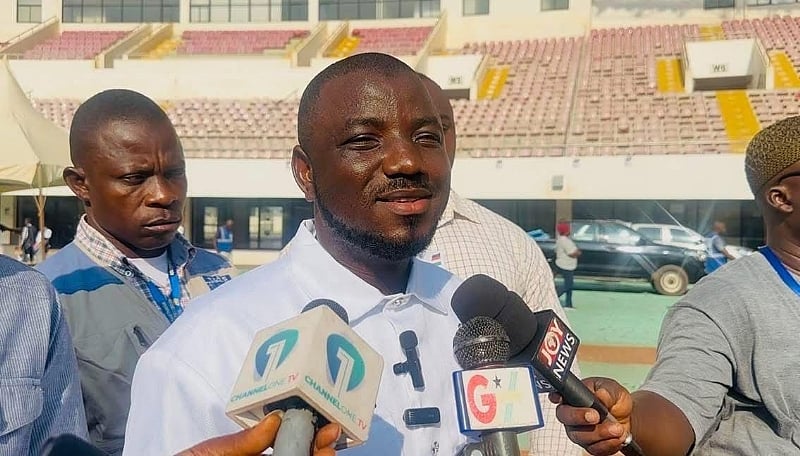The upcoming Tamale Central by-election, scheduled for September 30, 2024, has presented a unique scenario with the National Democratic Congress (NDC) candidate, Professor Seidu Alidu Mahama, running unopposed. This follows the tragic demise of the incumbent Member of Parliament, Dr. Ibrahim Murtala Mohammed, in a helicopter crash on August 6, 2024. In a gesture of respect and solidarity, the New Patriotic Party and other political parties have withdrawn from the contest, paving the way for Prof. Mahama’s uncontested ascension to parliament. Prof. Mahama, in various interviews, has outlined his vision for the constituency, emphasizing participatory governance, human development, and youth empowerment. He recognizes the significance of this unopposed election, viewing it not as a mere formality but as a mandate to serve the people of Tamale Central with renewed commitment.
Prof. Mahama, a former Head of the Political Science Department at the University of Ghana, brings a wealth of academic and leadership experience to the table. He believes that politics should be fundamentally about service and intends to embody this principle throughout his tenure. A key aspect of his vision is to foster a more inclusive and participatory governance model, ensuring that the voices and concerns of all constituents are heard and addressed. He aims to establish regular channels of communication and feedback, creating a platform for dialogue and collaboration between the community and its representative. This participatory approach will be instrumental in identifying and tackling the specific needs and challenges facing the predominantly urban constituency of Tamale Central.
Human development forms the cornerstone of Prof. Mahama’s proposed agenda. He recognizes that investing in the well-being of the people is crucial for sustainable progress and intends to prioritize initiatives that enhance the quality of life for all constituents. This includes a strong focus on expanding access to quality education, recognizing its transformative power in empowering individuals and driving societal advancement. Furthermore, he plans to address the critical issue of youth unemployment, a pressing concern in many parts of Ghana. He acknowledges the frustration and disillusionment faced by educated young people struggling to find meaningful employment and aims to create opportunities that leverage their skills and potential.
In addressing the unemployment challenge, Prof. Mahama plans to adopt a multi-faceted approach. He recognizes the need to not only create job opportunities but also equip young people with the necessary skills and resources to thrive in the competitive job market. He intends to collaborate with vocational institutions and industry partners to bridge the gap between skills development and employment needs. This collaborative effort will ensure that training programs are aligned with market demands, increasing the employability of young people and promoting economic growth within the constituency. Furthermore, he recognizes the need to support aspiring entrepreneurs by providing access to capital and mentorship, enabling them to establish and grow their own businesses.
Education plays a pivotal role in Prof. Mahama’s vision for Tamale Central. To bolster access to quality education, he intends to establish a scholarship scheme named in honor of his predecessor, the late Dr. Ibrahim Murtala Mohammed. The “Honorable Murtala Mohammed Education Fund” will provide financial assistance to deserving students, ensuring that economic constraints do not hinder their pursuit of educational opportunities. This initiative will not only serve as a lasting tribute to the late MP but also empower a new generation of leaders and contribute to the overall development of the constituency.
Furthermore, Prof. Mahama recognizes the importance of strengthening the grassroots structures of the NDC within the constituency. He believes that empowering local party leaders is crucial for effective mobilization and community engagement. By bolstering these structures, he aims to create a robust network of local leaders who can effectively champion party activities and address the needs of their respective communities. This strengthened network will facilitate communication and coordination between the party and its constituents, fostering a collaborative approach to problem-solving and community development. The focus on party building is not merely a political strategy but also a mechanism for empowering local communities and ensuring that their voices are represented within the political landscape. This holistic approach emphasizes the interconnectedness of party development and community empowerment.


